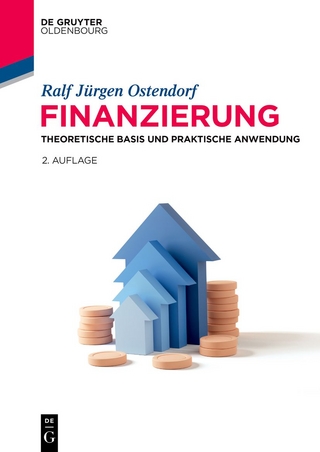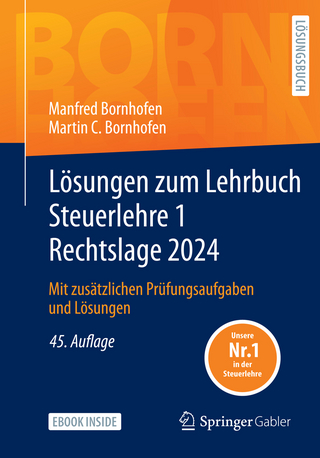
Reimagining Pensions
Oxford University Press (Verlag)
978-0-19-875544-9 (ISBN)
The 1964 termination of the Studebaker Corporation's pension plan wiped out or significantly reduced the pensions of thousands of the automaker's employees and retirees. In response, the US Congress passed the 1974 Employee Retirement Income Security Act (ERISA), a monumental and revolutionary piece of legislation crafted to address corporate pension underfunding. The bill also set new rules regarding defined benefit (DB) and other retirement plans, and it established the Pension Benefit Guaranty Corporation as a government-run insurer to serve as a backdrop to U.S. corporate pensions.
Despite the bill's far-ranging scope, in the decades since its passage, it has become evident that ERISA failed to achieve many of its intended objectives. The corporate pension scene today is in turmoil, and most private employers have terminated or frozen their traditional DB plans. In their place, employers are increasingly substituting defined contribution (DC) retirement saving plans, which pose a new set of responsibilities on employees and their firms.
This volume investigates how and why traditional approaches to pension risk management have failed, and we also explore the new mechanisms required to strengthen retirement security for the future. Lessons from international experience are also included, ranging from Singapore to Switzerland, and the Netherlands to Australia.
Olivia S. Mitchell is International Foundation of Employee Benefit Plans Professor of Insurance/Risk Management, Professor of Business Economics/Public Policy, Executive Director of the Pension Research Council, and Director of the Boettner Center for Pensions and Retirement Research at the Wharton School. Concurrently Dr. Mitchell is a Research Associate at the National Bureau of Economic Research and a Co-Investigator for the Health and Retirement Study at the University of Michigan. Her main areas of research and teaching are pensions, insurance and risk management, public finance, and labor markets, with an international focus. She received her B.A. in Economics from Harvard University and her M.A. and Ph.D. degrees in Economics from the University of Wisconsin-Madison. Richard C. Shea is chair of Covington & Burling LLP's Employee Benefits and Executive Compensation practice, where he is widely regarded as a leading authority on cash balance, pension equity, and other complex benefit plan designs. Previously, he served as Associate Benefits Tax Counsel at the Treasury Department, where, together with his colleagues at the Treasury Department and the Internal Revenue Service, he was responsible for developing federal tax legislation and regulations governing employee benefits and executive compensation. He received his AB from Amherst College and his JD from the University of Virginia School of Law.
PART I: ASSESSING THE RETIREMENT SYSTEM: ADEQUACY, EFFICIENCY, AND STABILITY; PART II: NEW THINKING ABOUT RETIREMENT RISK SHARING; PART III: PENSION REFORM: LESSONS FROM ABROAD
| Erscheint lt. Verlag | 4.2.2016 |
|---|---|
| Reihe/Serie | Pension Research Council |
| Verlagsort | Oxford |
| Sprache | englisch |
| Maße | 167 x 240 mm |
| Gewicht | 680 g |
| Themenwelt | Wirtschaft ► Betriebswirtschaft / Management ► Finanzierung |
| Wirtschaft ► Betriebswirtschaft / Management ► Personalwesen | |
| Wirtschaft ► Volkswirtschaftslehre ► Finanzwissenschaft | |
| ISBN-10 | 0-19-875544-9 / 0198755449 |
| ISBN-13 | 978-0-19-875544-9 / 9780198755449 |
| Zustand | Neuware |
| Informationen gemäß Produktsicherheitsverordnung (GPSR) | |
| Haben Sie eine Frage zum Produkt? |
aus dem Bereich


